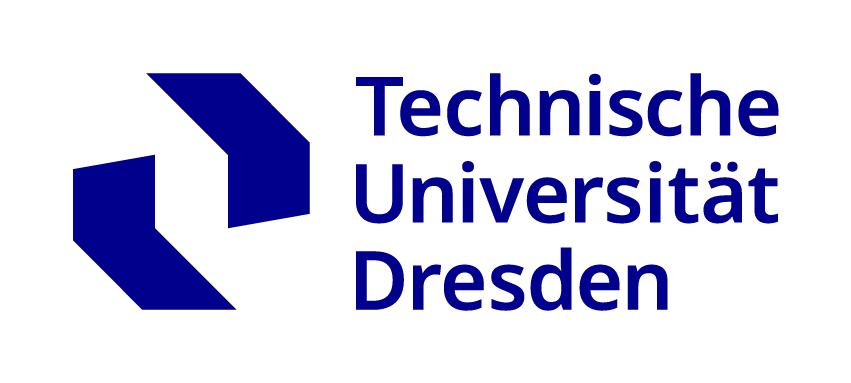Max Bergmann Center of Biomaterials Dresden (MBC)
Parent Units:Technische Universität Dresden (TUD)
Leibniz Institute of Polymer Research Dresden (IPF)
German name: "Max Bergmann Zentrum für Biomaterialien Dresden (MBZ)".

Contact
| web: | http://www.mbc-dresden.de/ | |
| email: | ||
| phone: | +49 351 463-39400 | |
| fax: | +49 351 463-39401 | |
| postal address: | Technische Universität Dresden (TUD) / Leibniz Institute of Polymer Research Dresden (IPF), Max Bergmann Center of Biomaterials Dresden (MBC), Max Bergmann Center of Biomaterials Dresden, Hohe Strasse 6, 01069 Dresden, Germany | |
| office address: | Technische Universität Dresden (TUD) / Leibniz Institute of Polymer Research Dresden (IPF), Max Bergmann Center of Biomaterials Dresden (MBC), Budapester Strasse 27, 01069 Dresden, Germany | |
| partner: | Technische Universität Dresden | |
| partner: | Leibniz Institute of Polymer Research Dresden | |
Expertise
In 2002, the Max Bergmann Center of Biomaterials (MBC) was opened on the campus of the Leibniz Institute for Polymer Research (IPF). Under the common roof of a dedicated laboratory building, the center unifies researchers and facilities from the Institute of Materials Science at the Technische Universität Dresden (TUD) and the IPF to work on biology-inspired materials. This seamless, subject-based cooperation is considered a role model for the D.R.E.S.D.E.N. concept (Dresden Research and Education Synergies for the Development of Excellence and Novelty), a strategic alliance between the TUD and non-university research institutes in Dresden. MBC researchers actively contribute to the Center of Regenerative Therapies Dresden (CRTD) and the Innovation Center for Molecular Bioengineering (B CUBE).
What We Do - Molecular Bioengineering: towards biology-inspired materials
Progress in the molecular life sciences together with new nano-tools and novel methodologies enable the development of advanced functional materials based on the molecular elements of living organisms or equivalent synthetic mimics. The resulting challenges link scientific progress to industrial innovation and require the joint effort of individuals from an array of disciplines, working together beyond traditional structures - this is what MBC stands for. The resulting challenges link scientific progress to industrial innovation and require a multidisciplinary, collaborative approach that goes beyond traditional structures: the credo of the MBC.
Affiliations
Parent Units
| name | type | actions |
|---|---|---|
| Institute of Materials Science (IfWW) | Institute | |
| Leibniz Institute of Polymer Research Dresden (IPF) | Registered Association |
Last Update
Last updated at: 2015-12-16 10:50


